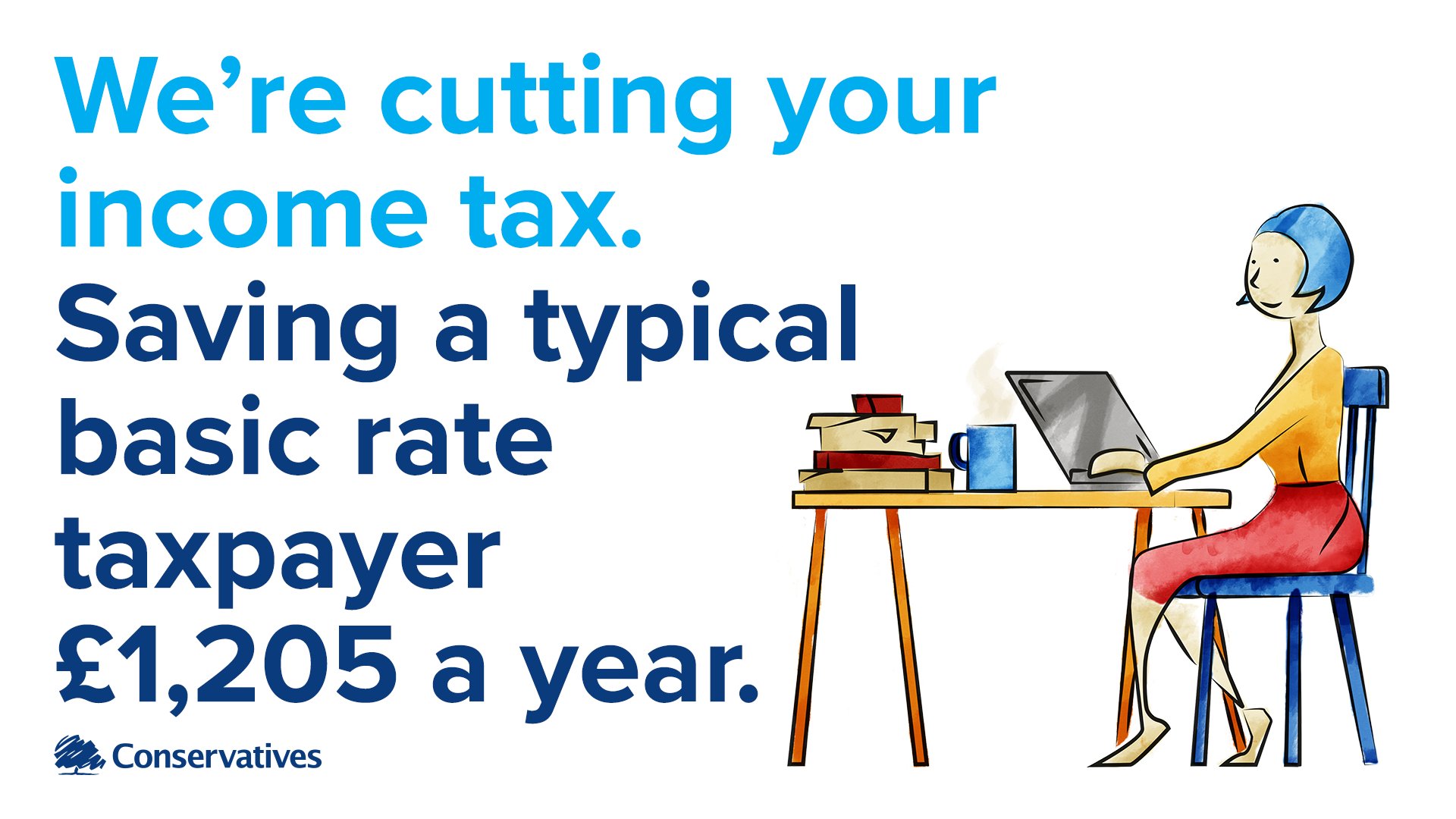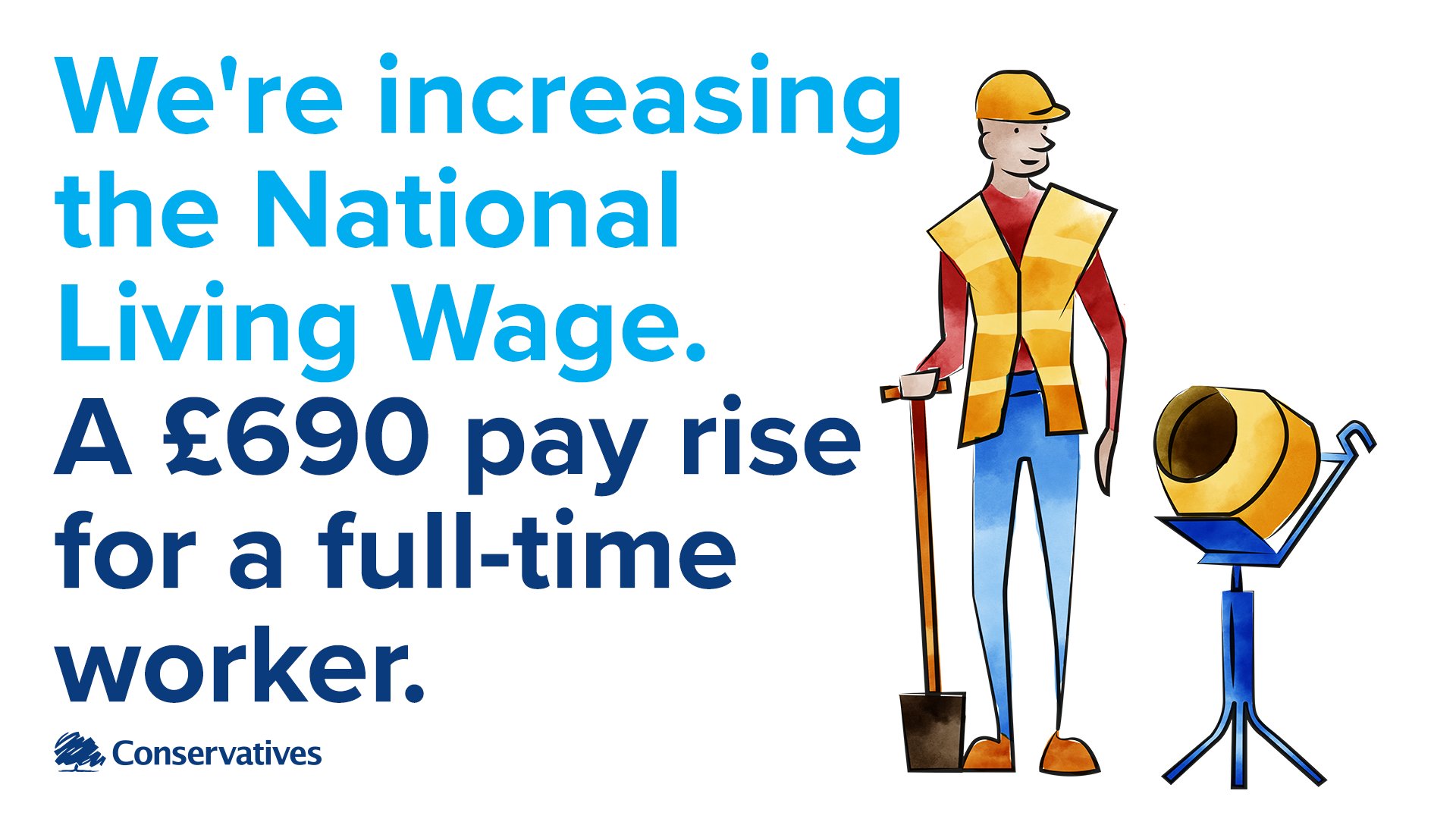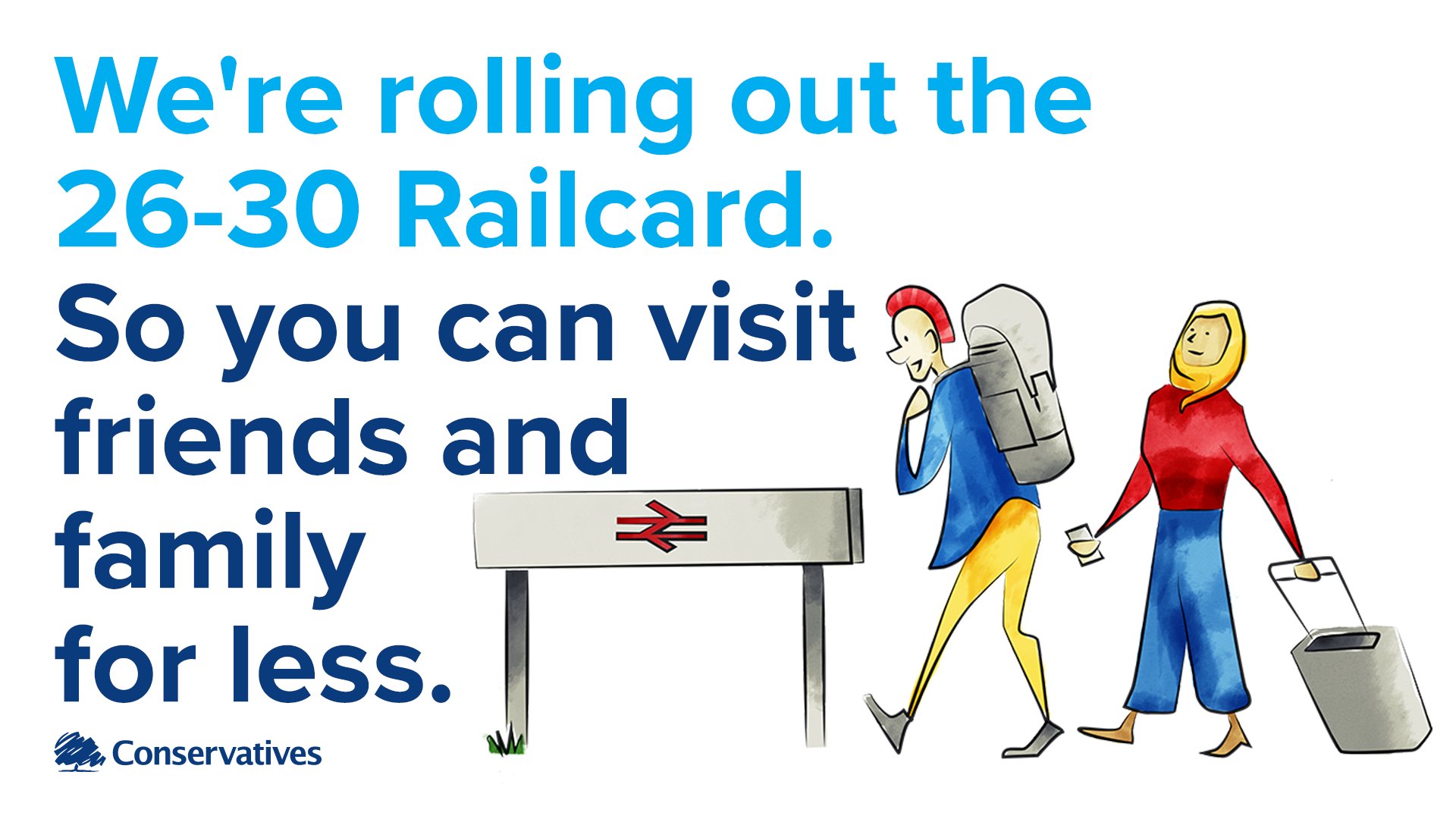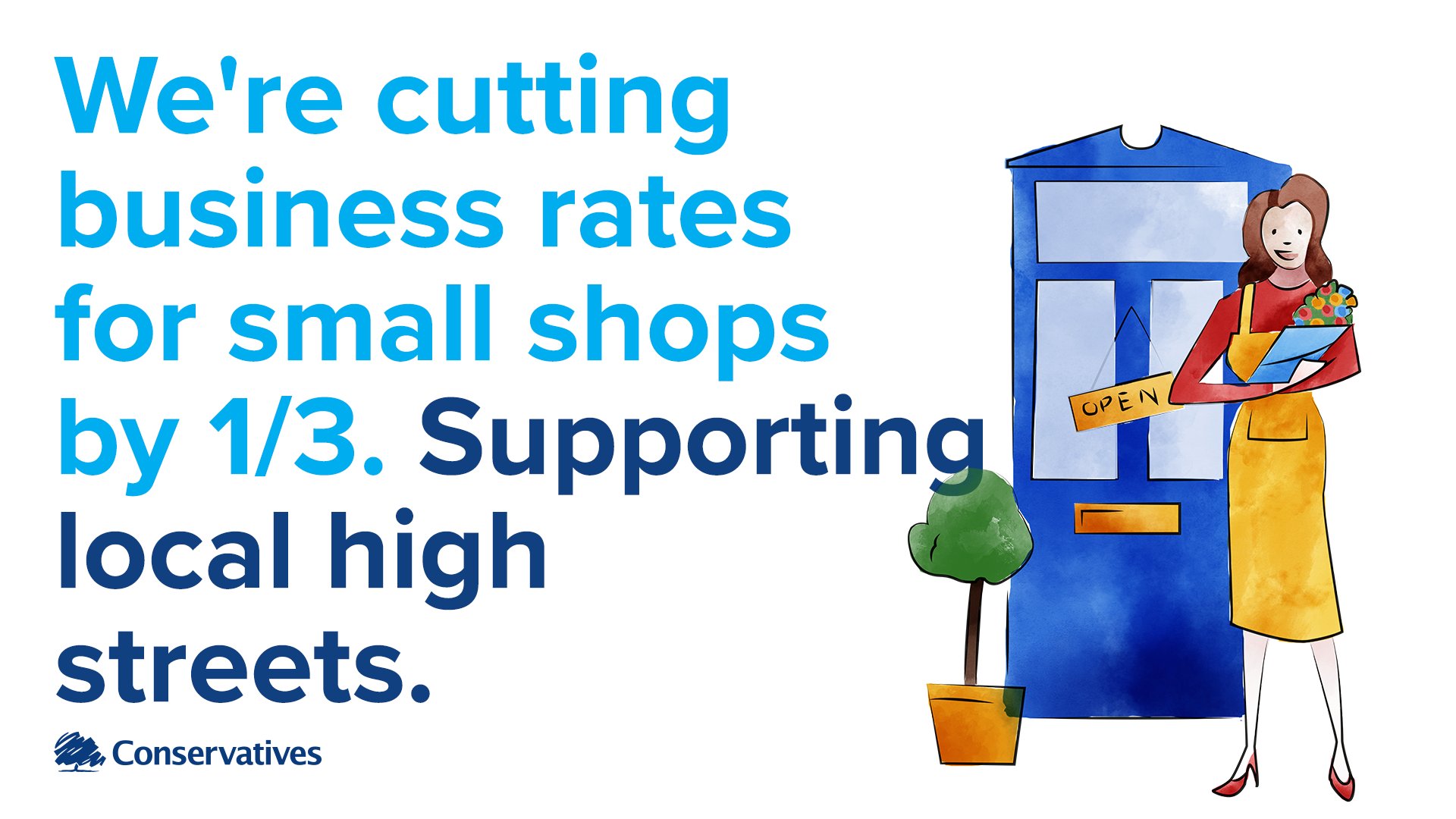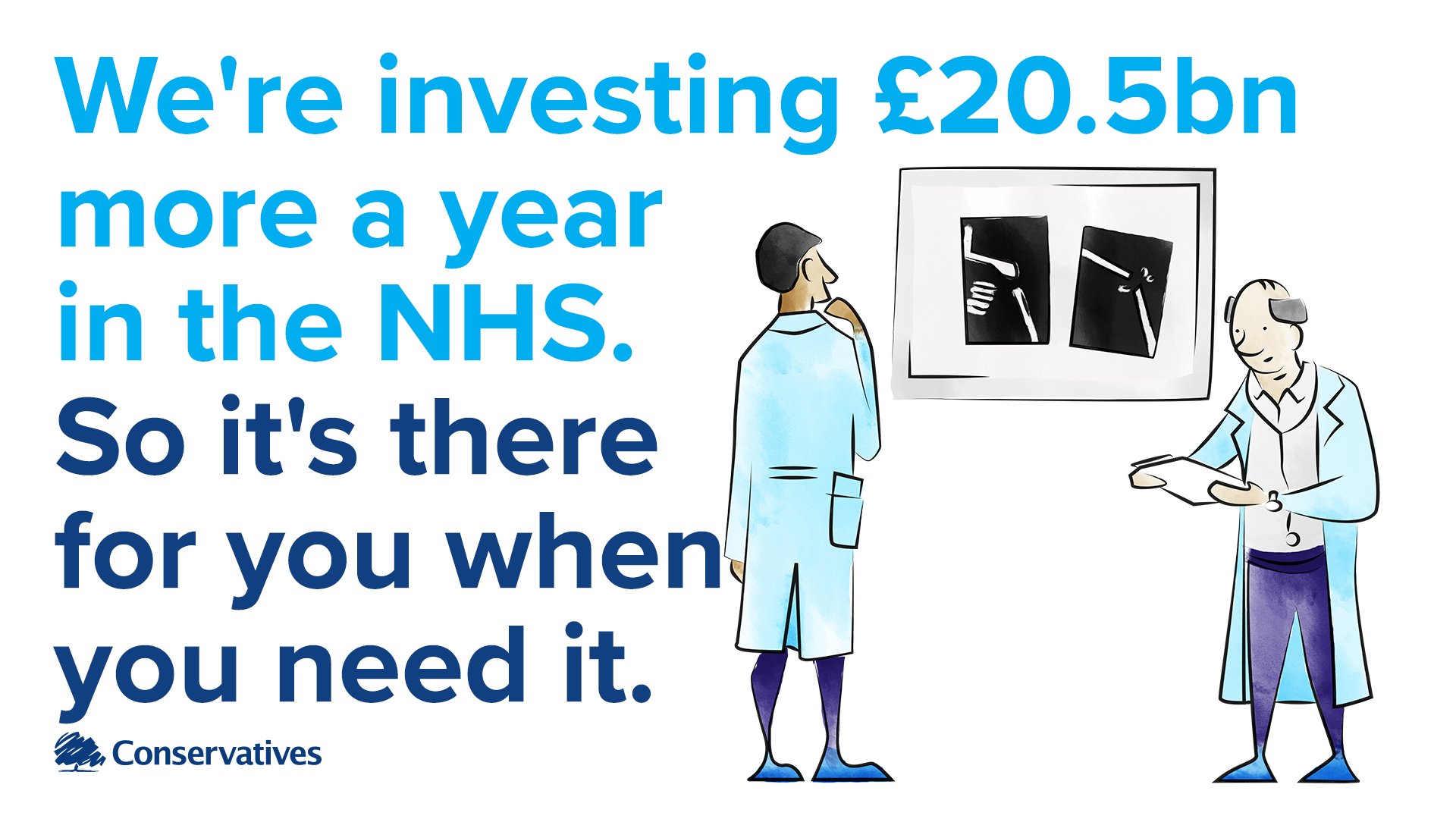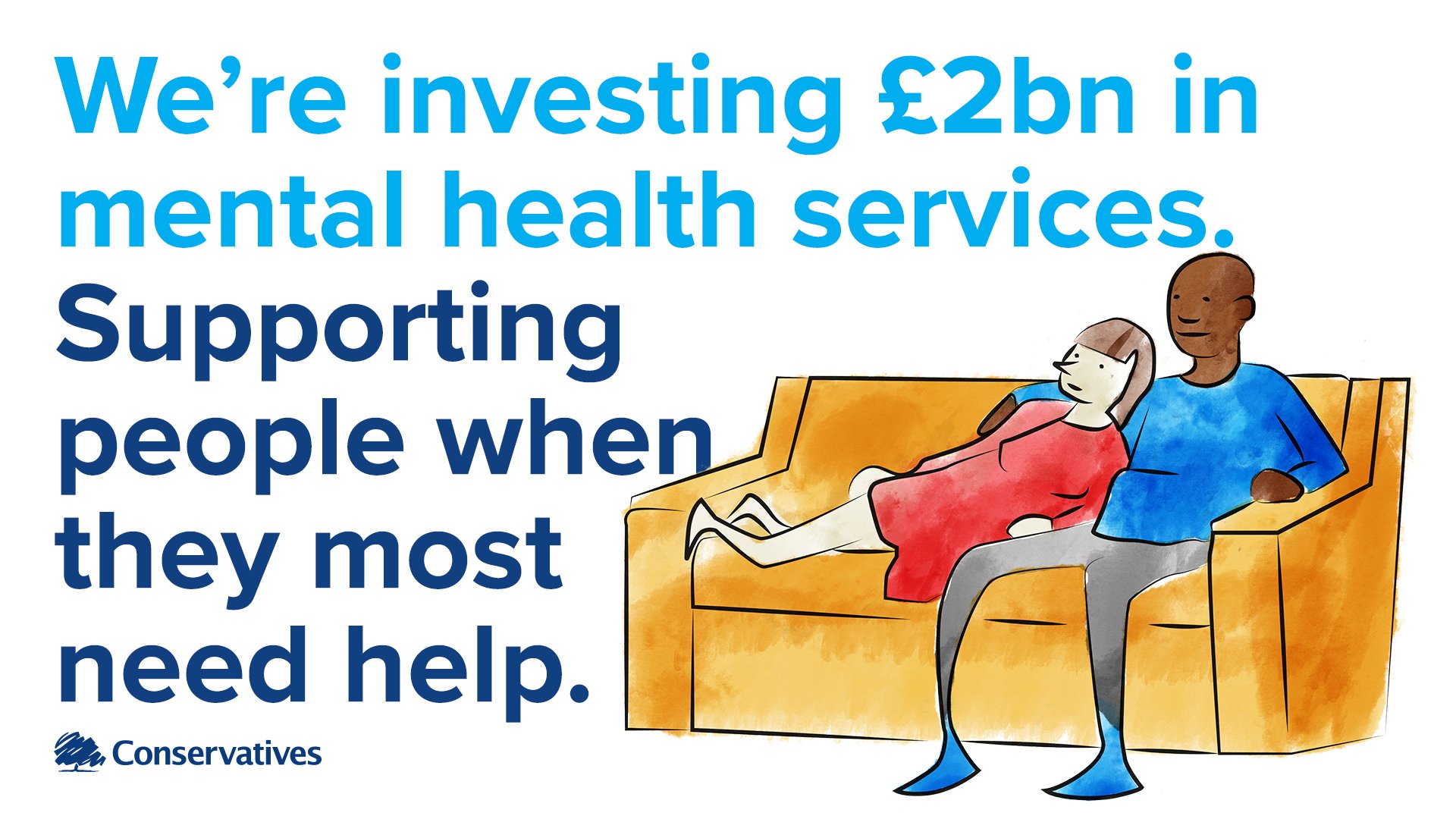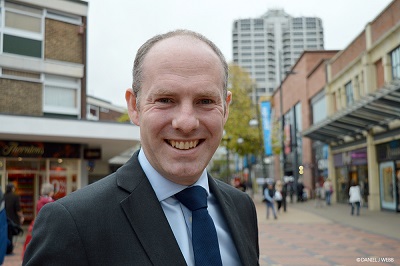
The Chancellor, Philip Hammond, has delivered a ‘Budget for Britain’s future’; confirming the strength of the country’s economy and announcing significant investment in a number of key area.
Monday’s Budget confirmed that the deficit – the amount we have to borrow to cover the gap between what the country spends and what we collect in taxes – has fallen by more than 80% since 2010 from the almost £150 billion a year we inherited from Labour.
The independent Office Budget Responsibility also revised up estimates of how much the economy is expected to grow in the next 12 months, as well increasing its predictions on wage growth & the number of people in work.
The Chancellor used the Budget to invest heavily in public services. He set out the Government’s plans to build on our record investment in the NHS with a new long-term plan backed up with major investment in frontline services with the single largest cash commitment to our public services ever made by a peacetime Government—an £8.4 billion five-year deal for our precious NHS, half as much again as the increase Labour offered the NHS at the last election, which will see an historic £20.5 billion real-terms increase for the NHS in full over the next five years.
To tackle the issue of increasing mental health problems, the Chancellor announced an extra £2 billion a year. This will help find more mental health ambulances, more places of safety, increased community support and comprehensive support at every major A&E by 2024.
Health spending will have risen from 23% of public service spending in 2000 to 29% in 2010, and is set to reach 38% by 2023-24.
Schools are set to receive £400 million more this year, with £10,000 to the average primary and £50,000 to the average secondary to help schools buy the equipment they need. This additional “in-year” funding will build on the record education funding in England this year of more than £40 billion, and the Chancellor confirmed that there will be further announcements on investment in schools at the Spending Review in the new year.
The Budget also delivered more money in the pocket of “the strivers, the grafters and the carers who are the backbone of our community and our economy”.
He announced an income tax cut for 32 million workers, as the Chancellor raised the personal allowance, so people keep more of what they earn. Under Labour, a person started paying tax when they earned anything over £6,475. Today that amount stands at £11,850 and from April it will jump to £12,500 – a tax cut worth £130 a year to hardworking people, and taking the amount we have reduced income
This move delivers a tax cut for more than 32 million people across the country, and takes the total number of people taken out of tax across the UK since 2010 to more than four million.
Additionally, there was confirmation that the Government will continue to freeze fuel duty for the ninth year, saving the average car driver a cumulative £1,000 since April 2010 compared to Labour’s Fuel Duty escalator.
There was major investment given to working families on Universal Credit, with £1.7bn per year to increase the Work Allowance – the amount families can earn before losing benefits – worth an extra £630 a year to those households.
Significant investment in defence was unveiled, with £1 billion over the next two years to ensure our world-class armed forces can face the new threats and build on the UK’s record of spending more on defence than any other NATO member except the United States.
As well as this, £160 million has been given to counter-terror funding this year – allowing the Government to recruit more anti-terror officers to protect Britain.
From 2020 large social media platforms, search engines and online market places will pay 2% on revenues linked to UK users – this will ensure that larger digital firms pay a fair share of tax to support our public services. This is in addition to more than 100 other measures taken by the Government to crack down on tax evasion and tax avoidance.
Measures were also set out to improve struggling High Streets, this included £675 million for a Future High Streets Fund and High Street Taskforce – to support Council implement plans for the transformation of the High street; generous cuts to business rates to help retailers; and removing 3 million small businesses out of VAT altogether by maintaining one of the highest VAT thresholds in the world.
Justin Tomlinson MP said: “I am very pleased by how positive this Budget was. This was a Budget that benefits hardworking families, allowing them to keep more of what they earn, and invests record amounts in our vital public services. It will improve our high streets, deliver new infrastructure, and ensure that our country is fit for the future.”
Other key policies announced in the budget:
- Supporting local councils with an additional £1 billion of funding. We will support councils with £650 million for social care, £84 million for children’s social care programmes over five years and £420 million for potholes this year.
- Abolishing the use of PFI and PF2 for future projects to deliver value for the taxpayer. Labour agreed nearly 90% of all PFI contracts, leaving a bill for the country of more than £200 billion. We will honour existing contracts, but the days of the public sector being a pushover must end, putting another legacy of Labour behind us.
- Freezing beer, cider and spirits duty for another year, supporting patrons of the Great British pub and saving people 2p on a pint of beer and 30p on a bottle of Scotch or gin.
- Committing over £7.2 billion to a new Help to Buy Equity Loan scheme to support 110,000 new homebuyers in England.
- Introducing a new tax on plastic packaging which does not contain 30% recycled plastic. We will consult on the design of this new tax, which will encourage the manufacture of sustainable packaging.
- £60 million to plant millions more trees. £10 million match-funding will be provided for new street and urban trees, and up to £50 million to purchase carbon credits from landowners who plant qualifying woodland. The latter would provide for an estimated 10 million new trees over the next 30 years.
- Supporting start-ups to grow by extending the Start Up Loans programme to 2021, backing up to 10,000 entrepreneurs, and extending New Enterprise Allowance to help benefits claimants get their idea off the ground.
- Investing in the technologies of the future with £121 million to support cutting edge digital manufacturing, £78 million to fund electric motor innovations, £315 million in quantum technologies, £50 million for new Turing Fellowships to attract and retain the world’s experts in AI.
- £200 million for full fibre broadband rollout. This will be used to pilot new approaches to fibre rollout in rural areas, starting in primary schools.
